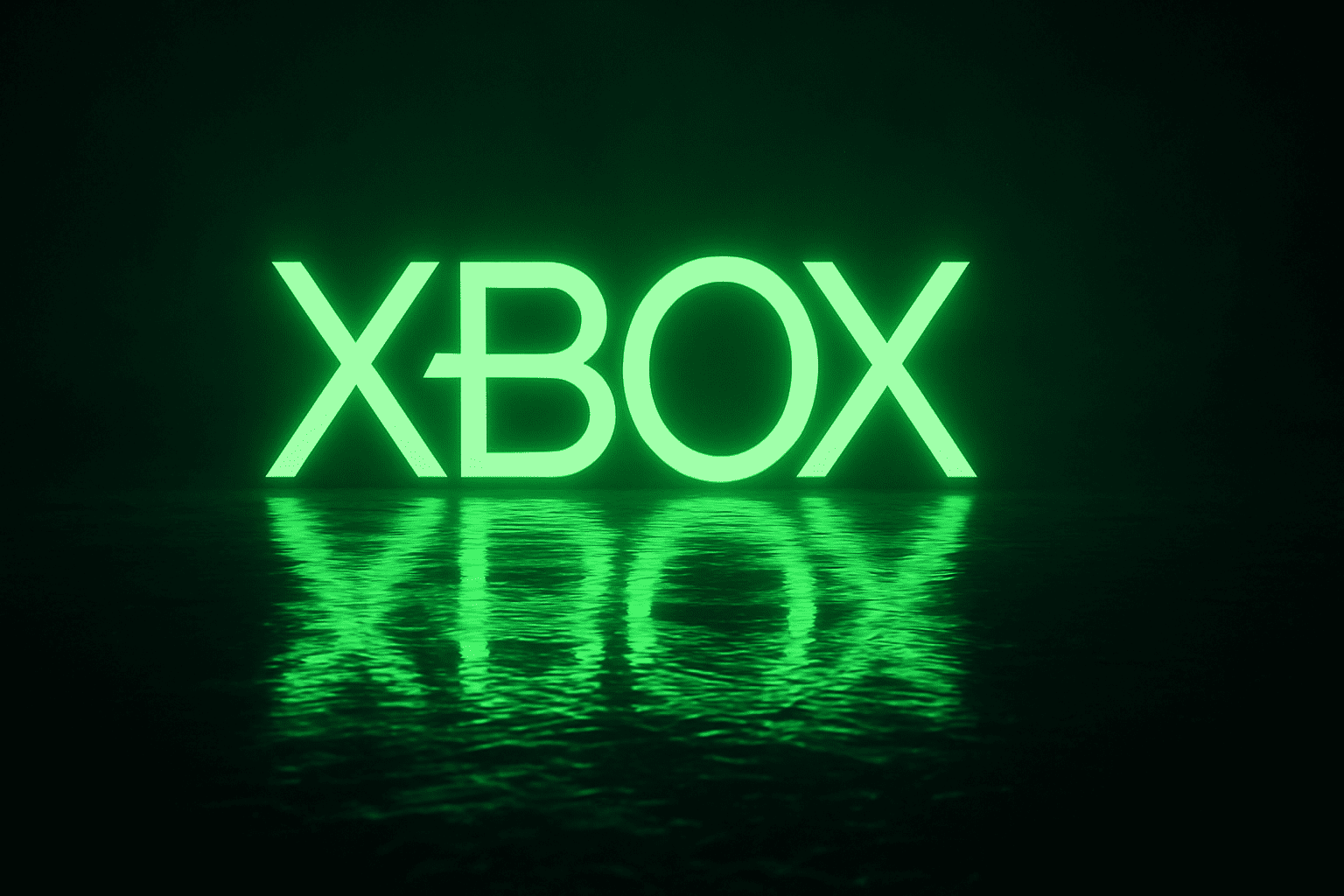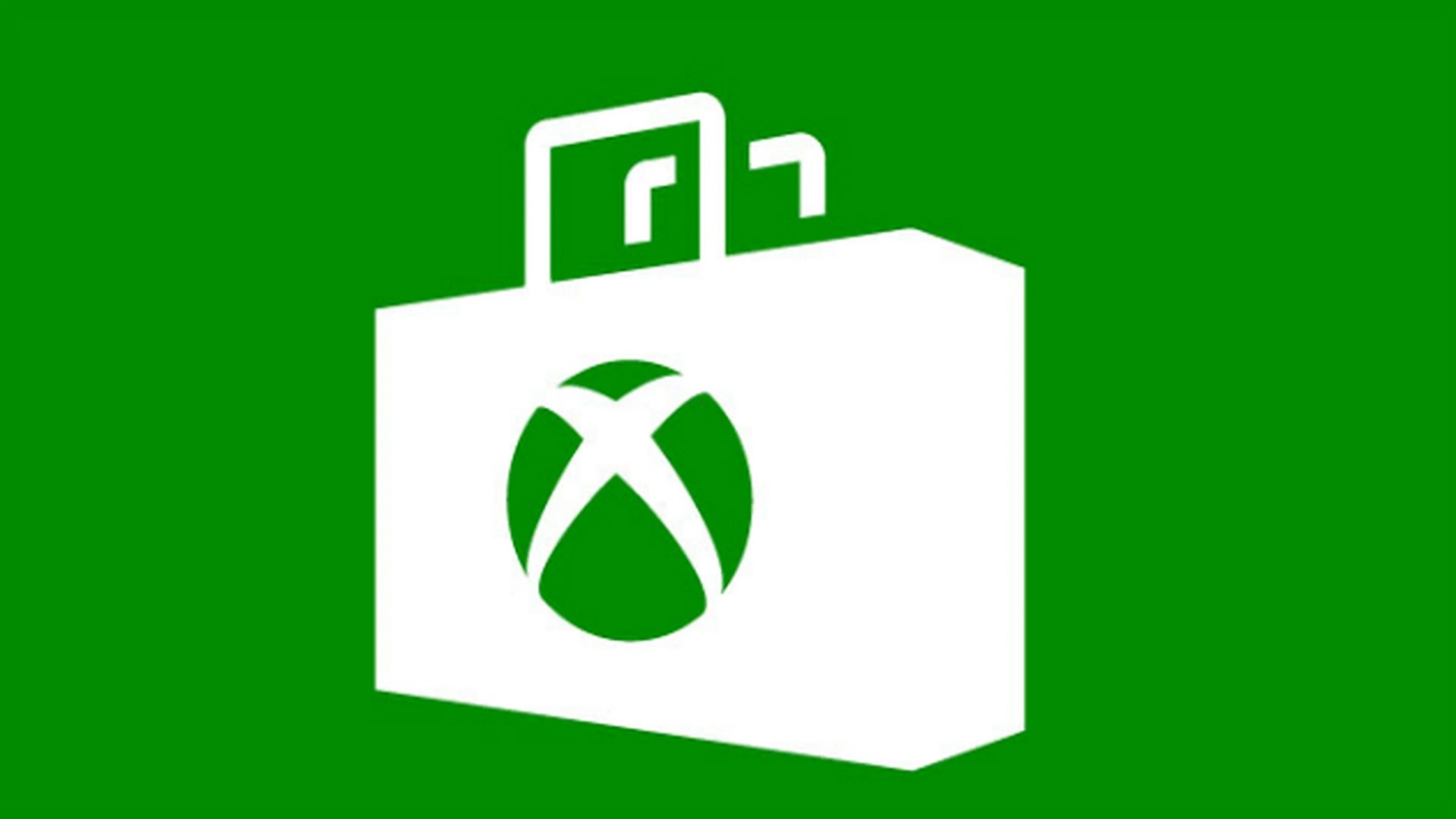The Japanese company is gradually displacing the physical market and gaining no less than an additional 47% thanks to the digital versions of the games.
More stories in the category News
- Crimson Desert teaches the real scale of its world: this is the gigantic continent you will be able to explore
- Xbox Series sales would already be around 50 million according to the latest Take-Two data review
- Get a new free car game for Xbox Series until February 19
| Don't miss anything and follow us on Google News! |
The “PlayStation Fairness” campaign has filed a class-action lawsuit against Sony in the Netherlands, accusing the company of monopolistic practices related to the pricing of its digital games and downloadable content (DLC). According to the lawsuit, digital versions of PlayStation games are sold at an average price 47% higher than their physical counterparts, which consumers have dubbed the “Sony tax”.
The legal action, filed on June 23, is based on an investigation by the Dutch consumer group, which claims that Sony has exploited its dominant position in the console market for over a decade. The lawsuit alleges that this price disparity has cost Dutch consumers an estimated $505 million since 2013. Critics argue that Sony’s control over its digital market, particularly its restrictions on other app stores, has stifled competition and allowed the company to set prices without the competitive pressures that normally benefit consumers.
Sony’s European dominance gives it a pricing advantage
Since the launch of the PlayStation 5 Digital Edition, Sony has taken aggressive measures to push exclusively digital consoles, allowing the company to maintain high digital prices and eliminate competition. The lawsuit points to the fact that Sony earns double the margin on digital sales compared to physical games, while owning 80% of the Dutch console market. The lawsuit seeks to force Sony to open its digital store to other providers, fostering a more competitive and fair market for PlayStation consumers.
The first hearing of the class-action lawsuit is scheduled for later in 2025. If successful, it could lead to significant changes in the way Sony operates its digital distribution platform, potentially allowing external providers to sell PlayStation digital content and reducing prices for consumers.
Without a strong competitor in Europe, Sony can do as it pleases with its users, according to one of the plaintiffs. Xbox is nowhere to be seen, and Nintendo targets a completely different market.






